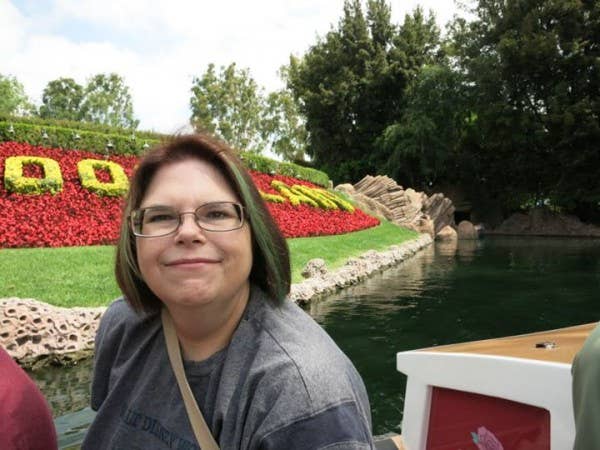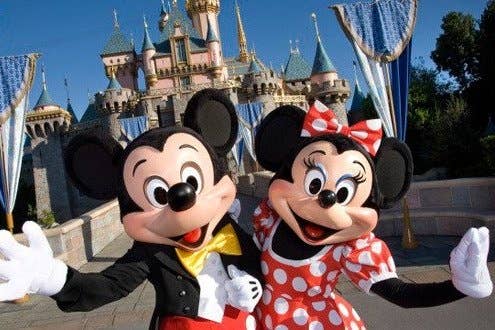Why free-to-play should be like Disneyland
"We talk about monetization more than we talk about community and that is backwards"
Laralyn McWilliams, CCO at The Workshop, has explained why free-to-play developers should look to Disneyland's ticketing system for inspiration.
"[Disney] arrived at the understanding that ultimately their magic is in their community. It's about the people who come, not trying to get money out of the people who come," she told Casual Connect.
"We have companies who recognize that too and you can see strong parallels in the fact that they recognize that their success is based around happy players, around happy people. And because there are people who are doing this in this space, I know we can do this."
She says being committed to thinking about people would lead to more money and happier players.
"Let's take a look at what Disney did and why they made the choice to change away from micro-transactions for their attractions to a different one. It was very strategic, they weren't thinking about making a nickel off of you today, they're thinking about becoming a part of your life."
She explained that when Disneyland first opened, rides were charged individually - like micro-transactions. Disney soon moved to ticket books which contained a selection of tickets graded A-E, and rides were also graded according to their status and popularity. Pirates Of The Caribbean, for example, was an E ticket ride. But as it learned about its customers Disney adopted the model we know today, the unlimited passes that allow people into parks. With Disney World the company added hotels, restaurants, activities, even Disney Cruises.
"We talk about monetization ten times more than we talk about community and that is fucking backwards"
"They made the shift from being the company that provides a space that's fun to being the company that's responsible for you having fun in their space. You see them start to transition to an active role in entertaining people instead of a passive role in laying out activities."
McWilliams then went on to compare this to the free-to-play model, and the way people talk about companies that are monetizing their players well and offering players a life-long experience.
"Whenever I'm in a monetization talk with somebody and I say look at what Blizzard and Valve are doing, they're really monetizing in a smart way, I always get the same answer... they have deep pockets, and they don't really care about money."

She argued Valve, Blizzard and Disney are all entertainment companies, and they all care about money. The changes Disney made meant that park visitors stayed longer, stayed in the hotels, ate more meals with Disney and Disney began to measure customer loyalty in years.
"It totally possible for [games] to do this, there are people doing this right now."
She pointed to Guild Wars 2 and its box price being akin to Disney's annual pass. Just owning the game reminds her to play it, a gamer or park visitor feels they need to extract as much value as possible from that original purchase. Just as a park visitor buys hotdogs and souvenirs, a Guild Wars 2 player can buy add-ons for their account through micro-transactions and often will because the upgrades on offer improve their experience of the game. Those add-ons then make players return to the game. She also pointed to Lord Of The Rings Online as an example of this model done well.
"Do people care enough about your game to cosplay?"
"Are you giving enough room for immersion for your players? Are you trying to make sure that you are not just putting something out there and saying 'have fun' but are you the shepherd of their fun?" she asked.
"One way to tell that is do people care enough about your game to cosplay? And before you say I'm only going to have examples of big high-budget MOBAs and MMOs, how about Words With Friends? It launched in 2009... and lots of people play that everyday, they've been playing every day for five years, it's now a part of their life. They extended it to a physical [board] game, and before you say 'cosplay?' this is the equivalent for Words With Friends, people make cakes. It has the same kind of rabid fans you have in MMOs."
She suggested thinking about customers in terms of loyalty in years was important, games that have done this successfully include Everquest and World Of Tanks.
"Can your game inspire that sort of memory for people? Can it become a part of their lives?" she asked.
"We talk about monetization ten times more than we talk about community and that is fucking backwards. We should be putting community first, community is how we make money. And when you look at successful games, they're the ones winning all the community awards."

